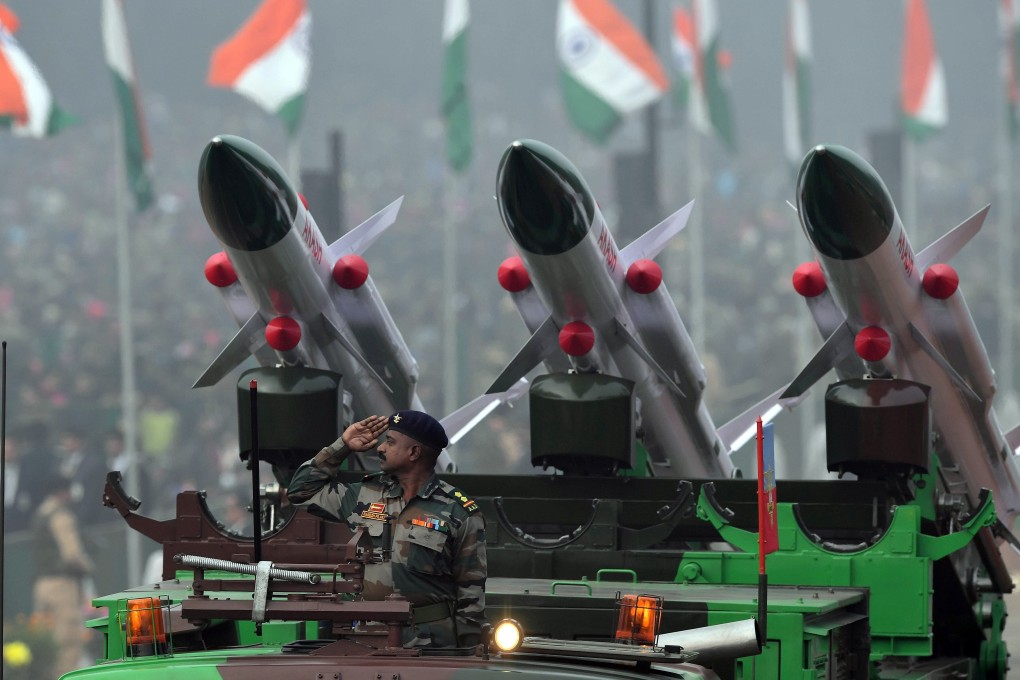Opinion | Why India must be part of Joe Biden’s new global power calculus
- For the incoming US president’s strategy of revitalising alliances in Asia to balance against China to succeed, he must prioritise the powers involved. India deserves to be ranked third in new geopolitical pecking order

When US President-elect Joe Biden and his administration take office next year, perhaps the most consequential document they will release will be their national security strategy.
Former secretary of defence James Mattis has already recommended that the next administration remove the phrase “America first” from its pages to avoid alienating allies. Whether the White House couches American pre-eminence in more diplomatic terms, however, its policymakers will still need to decide the global balance of power’s pecking order.
China is the chief reason, with the Biden team seeking to ditch the Trump administration’s unilateralism in favour of revitalising alliances in the region to balance against Beijing. Yet for Biden’s strategy to be successful, he must prioritise the powers involved, and think beyond traditional treaty alliances.

02:06
Coronavirus pandemic creates ‘new Cold War’ as US-China relations sink to lowest point in decades
The return of nineteenth century-style great power competition necessitates deep reflection in Washington on precisely which global powers require the US’ strategic concentration, just as the geologist must differentiate Earth’s tectonic plates. When tectonic plates move, earthquakes and tsunami ensue. Similarly, when geopolitical plates make even the slightest of policy moves, it has a major impact on the world order for better or worse.
